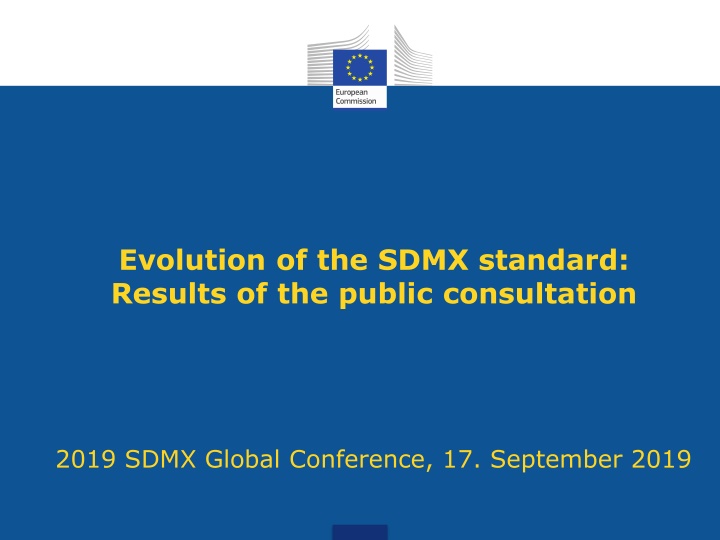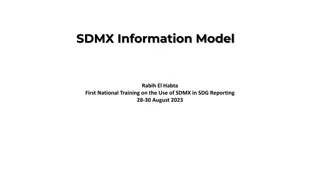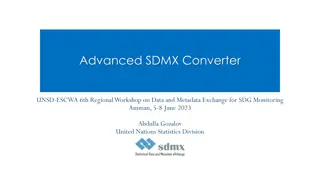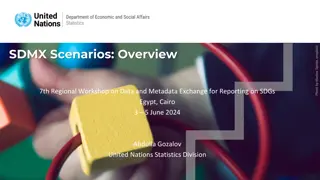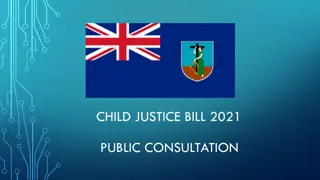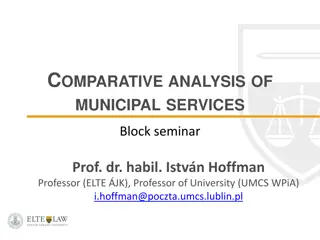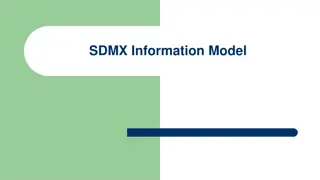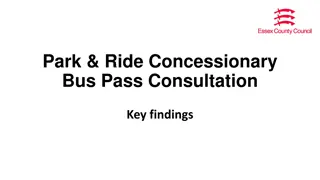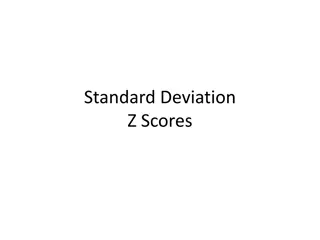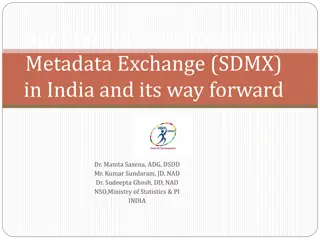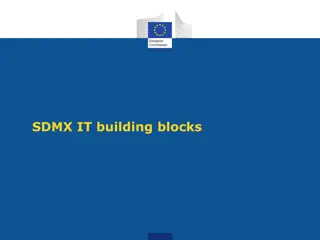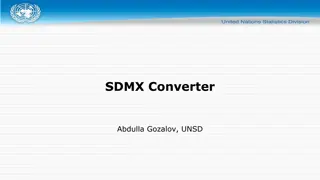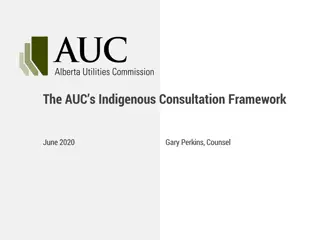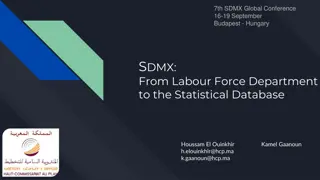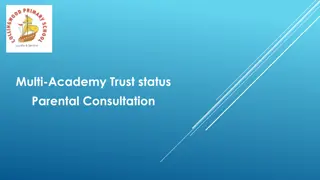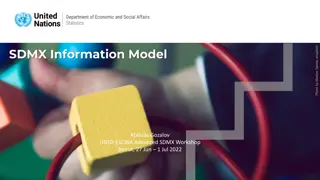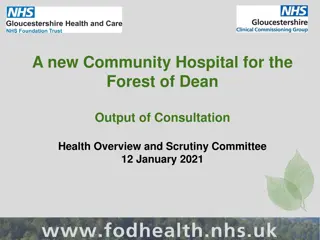Evolution of the SDMX Standard: Results of Public Consultation
The evolution of the SDMX standard is discussed based on the results of the public consultation in 2019 at the SDMX Global Conference. Highlights include the case for a new version of SDMX, prioritization exercises, stakeholders' feedback, and top picks for SDMX 3.0 development.
Download Presentation

Please find below an Image/Link to download the presentation.
The content on the website is provided AS IS for your information and personal use only. It may not be sold, licensed, or shared on other websites without obtaining consent from the author.If you encounter any issues during the download, it is possible that the publisher has removed the file from their server.
You are allowed to download the files provided on this website for personal or commercial use, subject to the condition that they are used lawfully. All files are the property of their respective owners.
The content on the website is provided AS IS for your information and personal use only. It may not be sold, licensed, or shared on other websites without obtaining consent from the author.
E N D
Presentation Transcript
Evolution of the SDMX standard: Results of the public consultation 2019 SDMX Global Conference, 17. September 2019
The case for a new version of SDMX Micro data Geospatial
The case for a new version of SDMX Validation and Transformation Language (VTL 2.0, released in COMPLETED July 2018) Integration in the SDMX Information Model needed!
The case for a new version of SDMX For every dataset harmonised metadata
The case for a new version of SDMX Me Our code lists Sometimes managing SDMX objects feels a bit like herding cats
SDMX 3.0 Prioritisation exercise - stakeholders The SDMX technical and statistical working groups identified 23 features to be considered for the next release of the standard (SDMX 3.0). This proposal was put forward to the SDMX stakeholders SDMX Community at large Sponsor organisations 1. All seven sponsor organisations participated in the priority exercise 2. Data was compiled by the SDMX Secretariat 1. Public consultation was carried out over 8 weeks on sdmx.org 2. 29 respondents submitted their preferences 3. Data was compiled by the SDMX Secretariat
SDMX 3.0 consultation results 1 feature rated "Helpful" by the Sponsors only 4 features rated "Very helpful" by both stakeholder groups 8 features rated "Helpful" by both stakeholder groups 5 features rated "Helpful" by the community only
SDMX 3.0 public consultation: Top Picks 1. Improvements to Codelist design and maintenance 2. Enable data validation and transformations 3. Versioning and management of artefacts made easier 4. Enhance data queries 5. Improve the exchnage of reference metadata 6. Support reference metadata in the restful API 7. Support microdata exchange Next steps: SDMX Sponsors will analyse the results and decide on the scope and timeline for SDMX 3.0.
Impact Monocentric Polycentric SDMX was originally built to address the needs of international data exchange SDMX would address use cases that make the standard more attractive for data providers beyond simple reporting (and for other stakeholders as well!) SDMX Sponsor agencies National statistics office National central banks National central banks National statistics offices SDMX Sponsor agencies
Impact SDMX 3.0 opens some questions on the future of the community. What is the core business of SDMX? Should we focus as before on Official Statistics, or should we try to branch out towards other communities universities, private sector etc.)? (research institutes, How do we support the growing community and the deeper use at national level which we are likely to see with SDMX 3.0?
